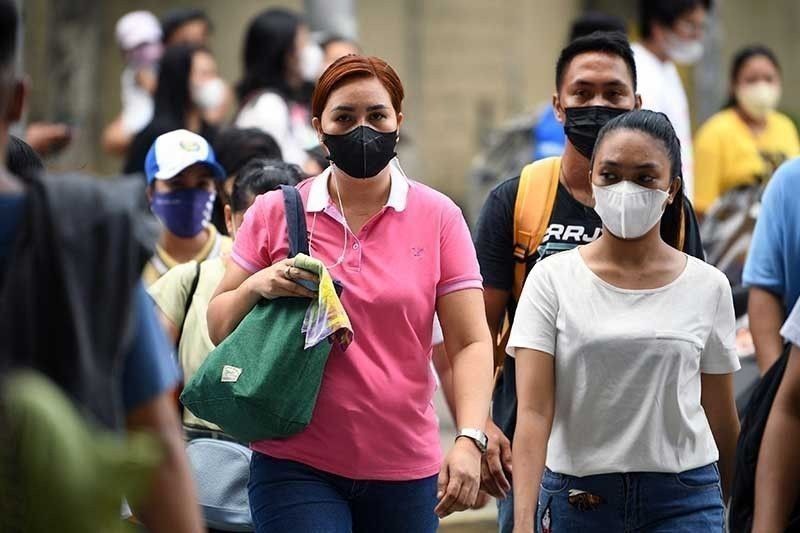Women’s health gap costs $1 trillion worldwide – WEF

MANILA, Philippines — The huge gap between how women and men’s health are treated costs $1 trillion a year worldwide, the World Economic Forum (WEF) said yesterday.
Women spend a quarter more of their lives suffering from poor health than men, a disparity that includes an unequal focus on men across medical research, diagnosis and treatment, the report said.
Closing this gap would boost the global economy by $1 trillion annually by 2040 – a 1.7 percent increase in per capita GDP driven by women, it added.
The report was released as the WEF hosts its 54th annual conference in Davos, Switzerland.
The Swiss firm Ferring Pharmaceuticals and McKinsey Health Institute also contributed to the 42-page report.
Every US dollar invested in women’s health would return three dollars in projected economic growth, the report said.
A large part of this growth would come from sick women getting back into the workforce.
The gender health gap causes around 75 million years of life lost due to poor health annually, equating to a week per woman every year, the report said.
For example, addressing the inequities related to endometriosis and menopause – which only affect women and have long been considered under-studied – could contribute $130 billion to global GDP by 2040, it estimated.
Research also suggests that fewer than half the women living with endometriosis have been properly diagnosed, the report added.
The study also looked at how treatment and diagnosis has benefitted men more than women.
Asthma inhalers, for example, have been found to be significantly less effective for women than men.
Women are diagnosed later than men for 700 different diseases, previous research has shown.
It also takes women two and a half years longer to be diagnosed with cancer.
WEF healthcare head Shyam Bishen said the analysis demonstrates that “investing in women’s health must be a priority for every country.”
“Beyond improving women’s quality of life, ensuring women have access to innovations in healthcare is one of the best investments that countries can make for their societies and their economies,” he said.
- Latest
- Trending
























